On a GitHub project I administer, someone made the mistake (due to a mis-communication in directions) of adding a really large audio-file to the project - causing the project (which is less than a month old) to have a bloated repository - of a level of bloat that rivals projects that have been around much longer and cover a much wider scope.
Upon researching, I have found that the only action I can take that would remove that commit not just from the present version of the project, but from it's entire history (which I would have to do if I am to rescue the project from this bloat) involves a force-push.
My question is this -- is a force-push an action that only the administrator/owner of a GitHub project can do, or something that anyone authorized as a contributor can do? And if so, any precautions I could take against misuse of such a feature (i.e. use by anyone other than the project administrator) while still allowing it's proper use (i.e. use by the project administrator)?
Granted -- I do not believe the individual in question will mis-use such a feature. I suppose it's not impossible, as nobody's actions can be 100% predicted - but I feel fairly confident that it's very unlikely. However, as time goes on in the future, the further into the future I go, the more likely it is that I will make the mistake of trusting someone who would mis-use such a feature -- so I consider it best to know now how much the danger is - and if the danger is real, what precautions I can take against it.

